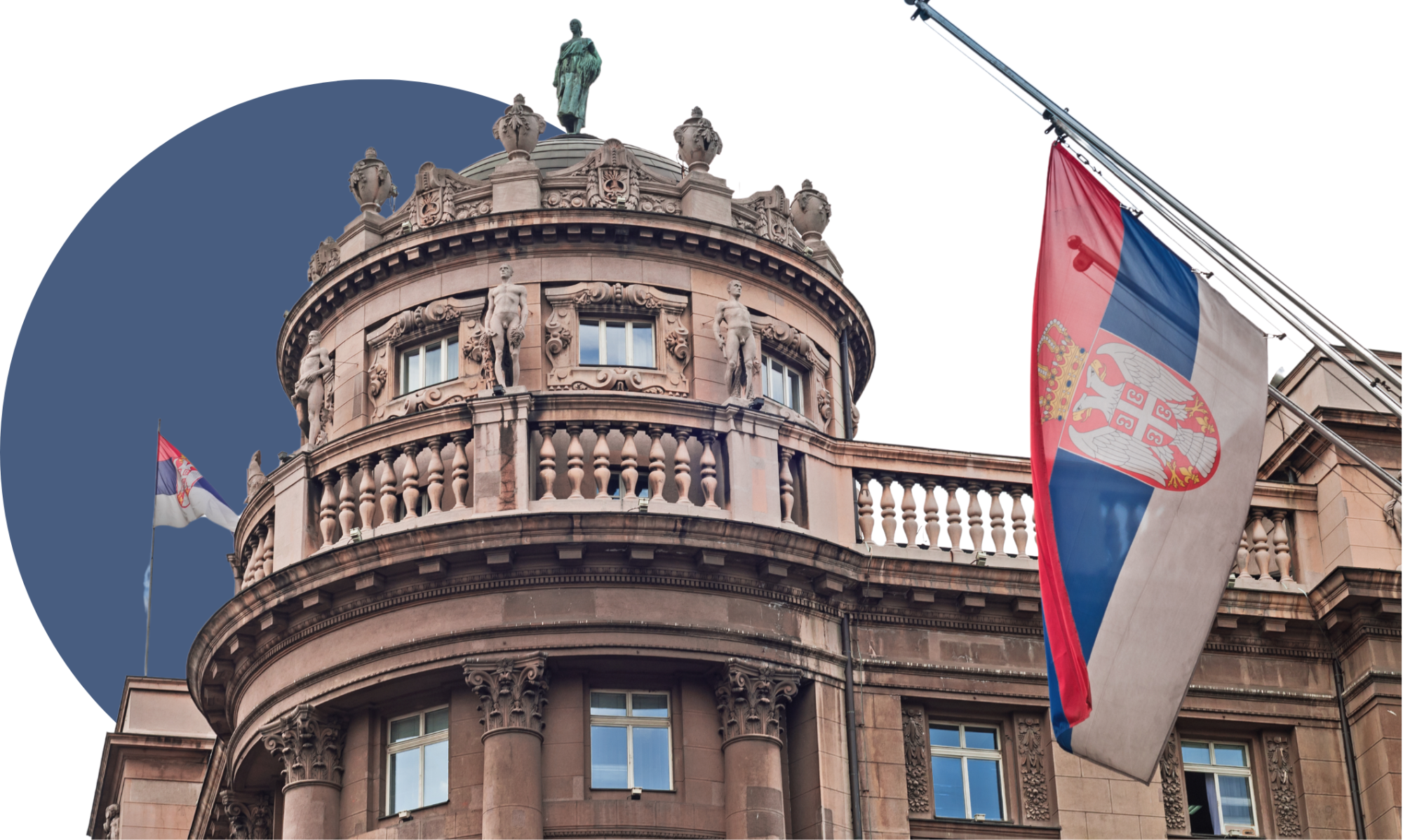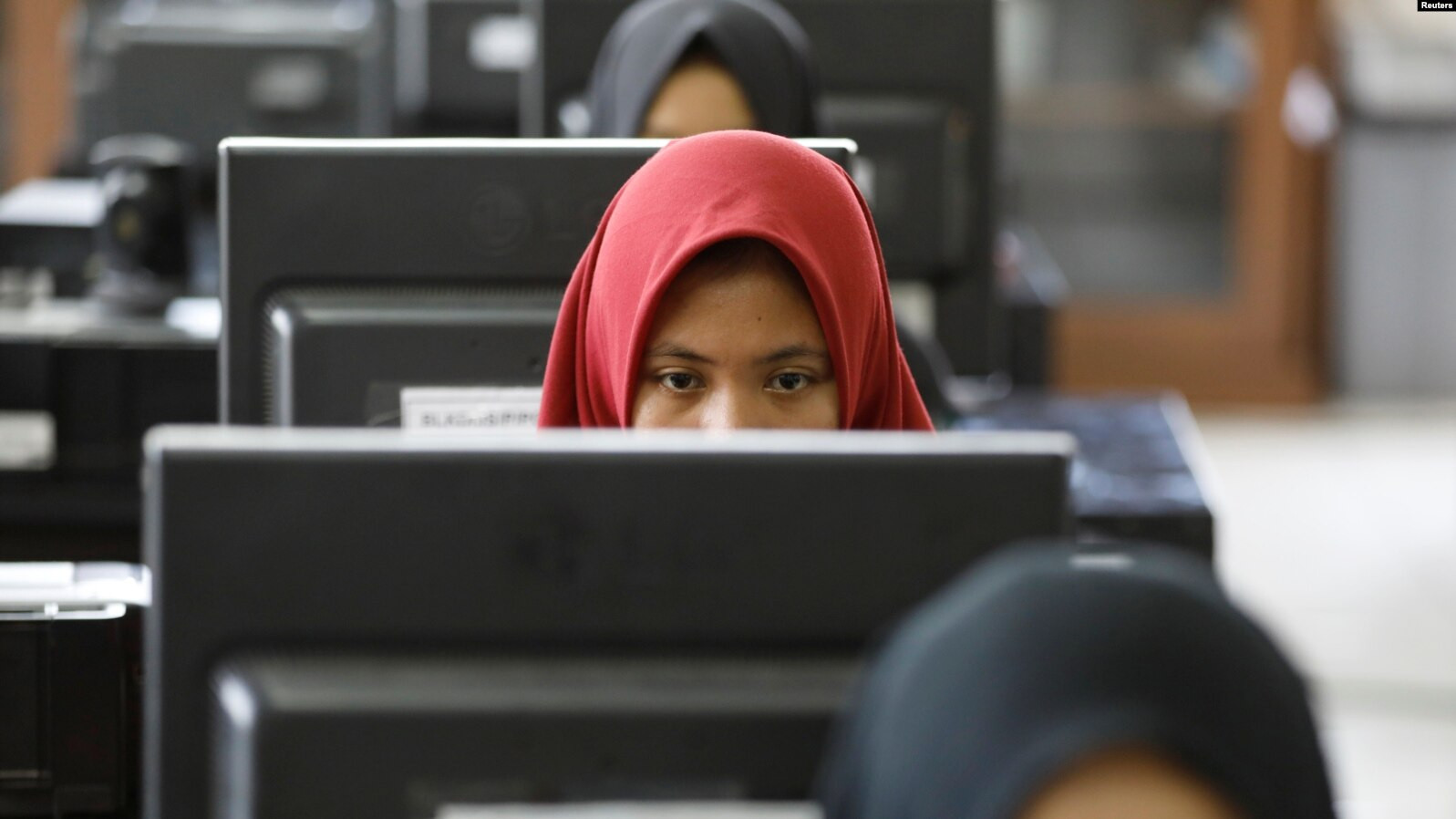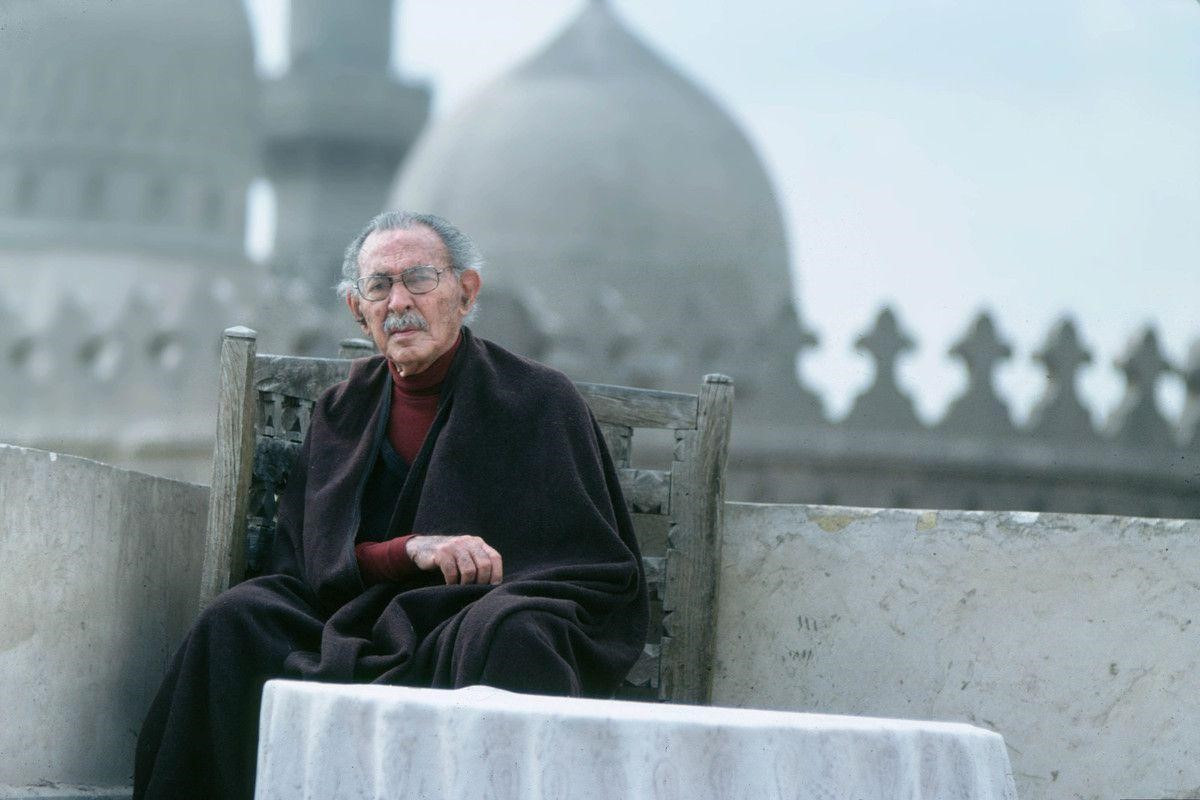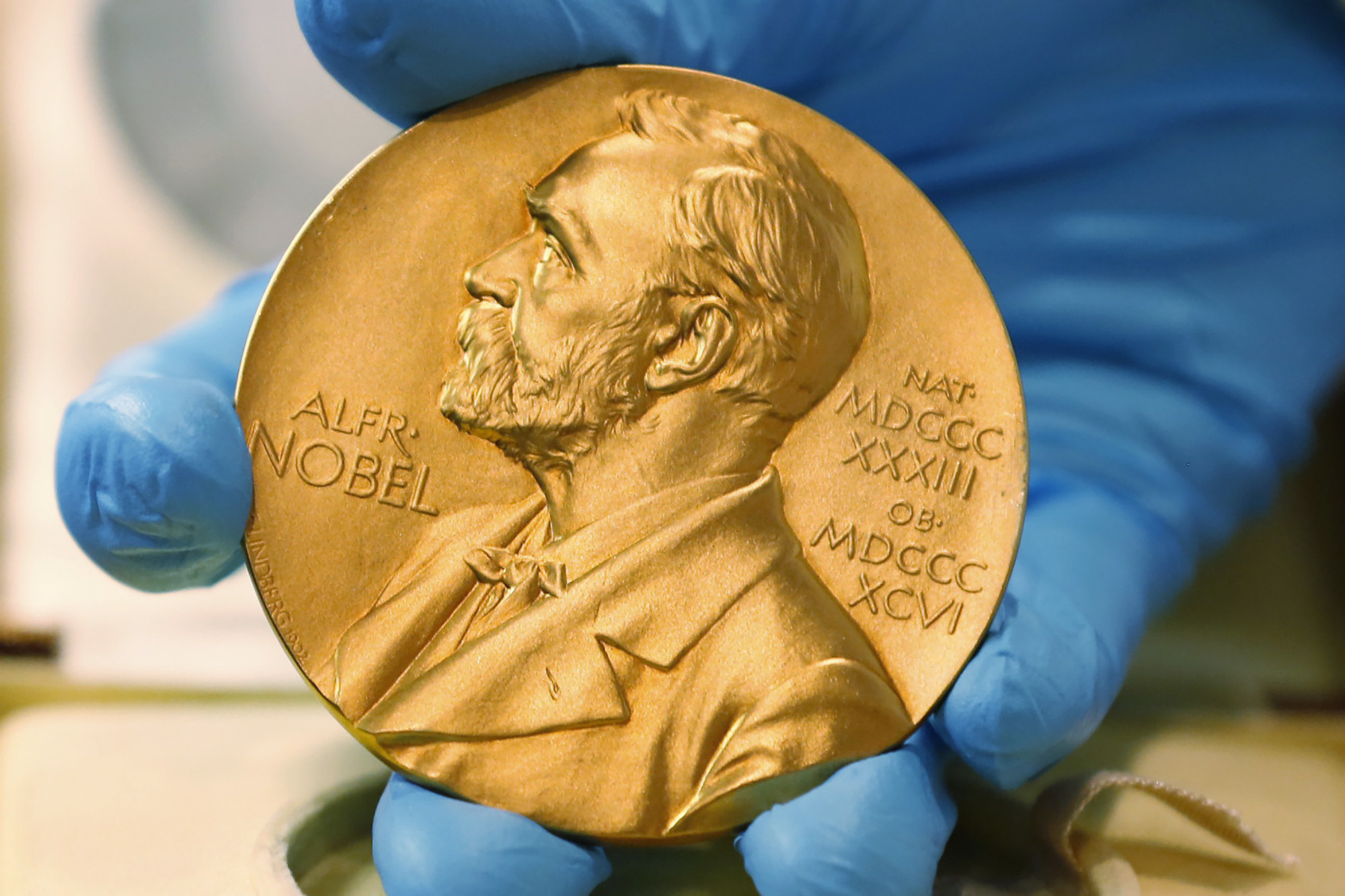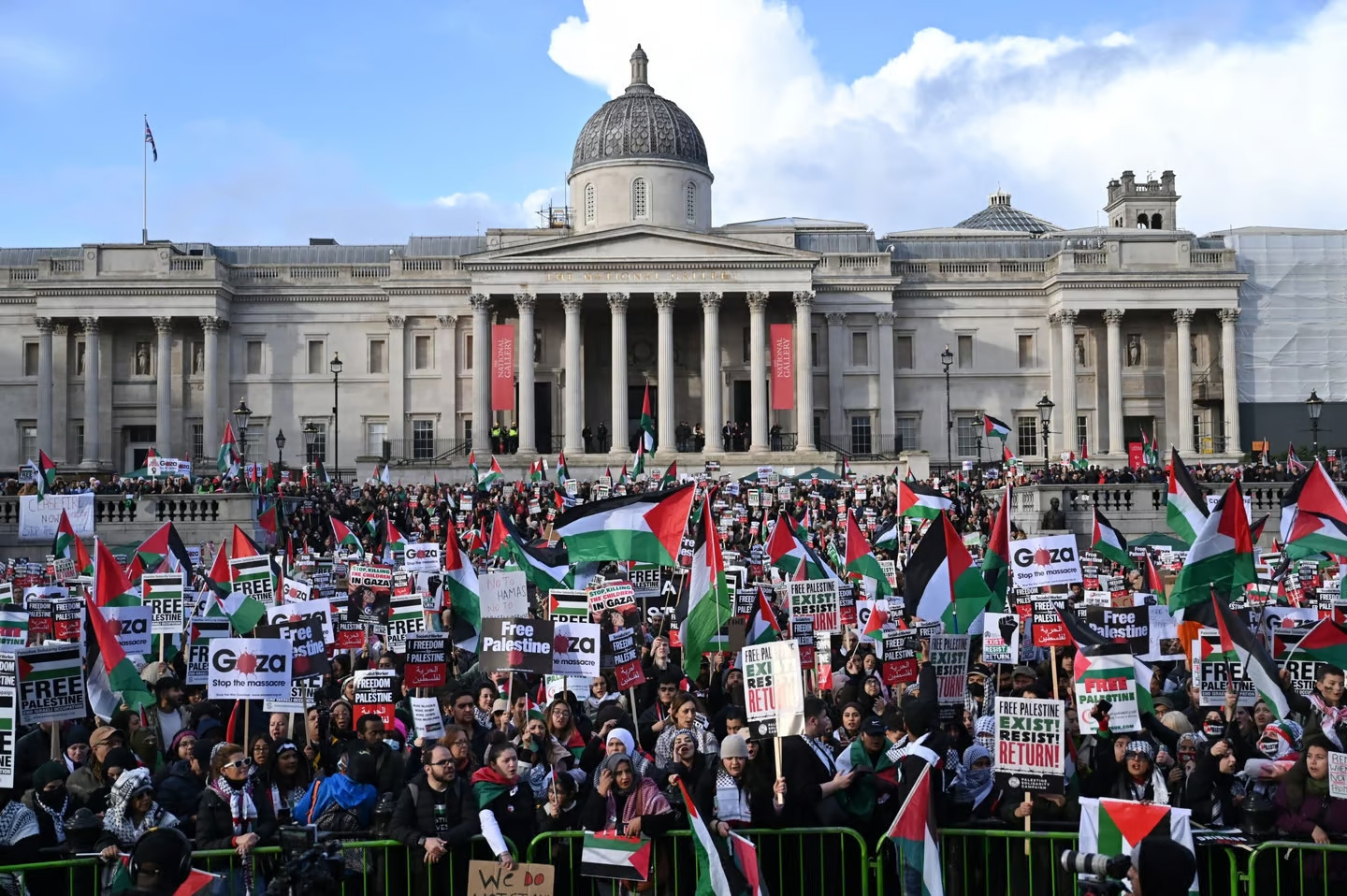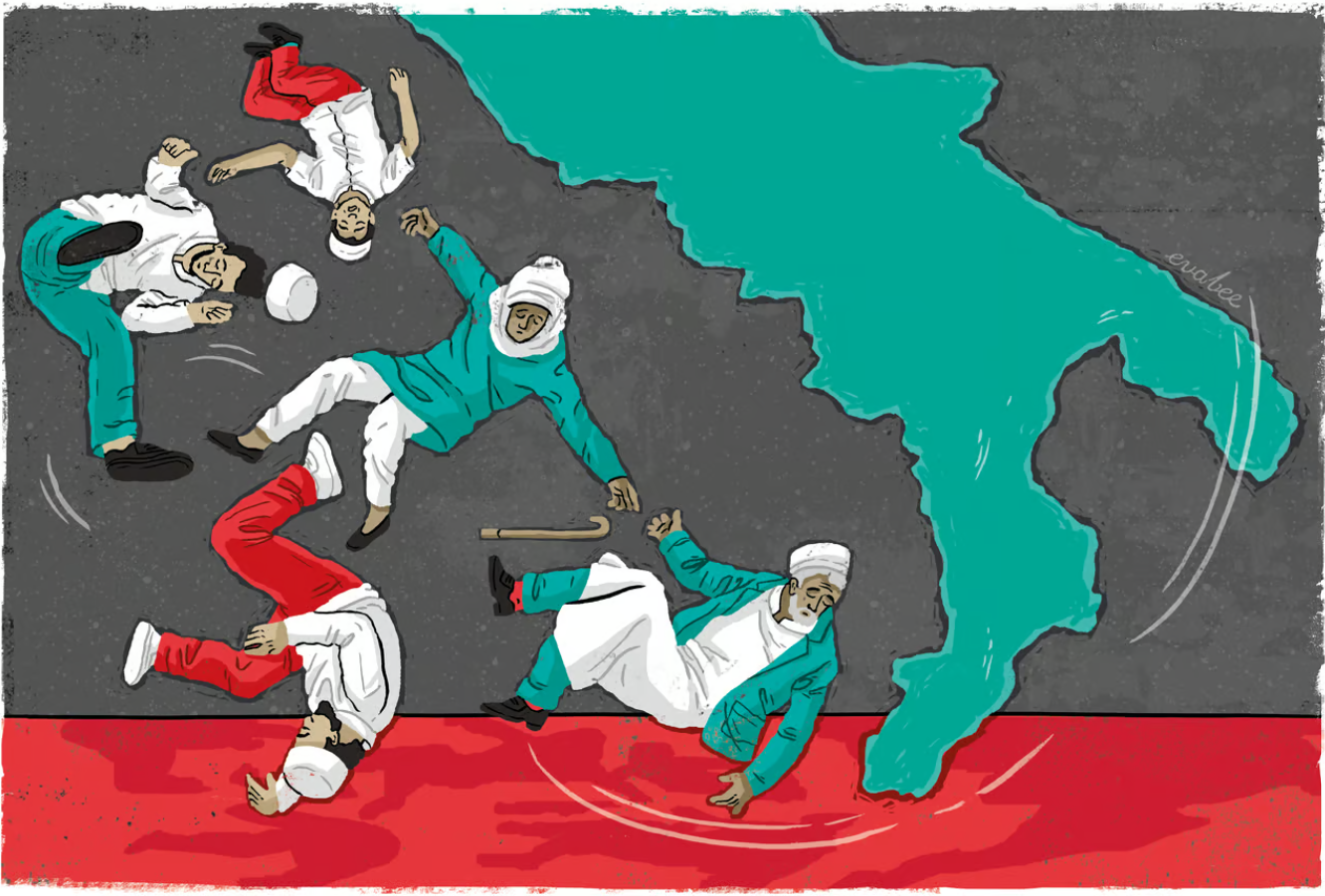
Can the Muslim Subject be a Conspirator as Portrayed in the Media?
Conspiracy theories claim that an undesirable event has been set up by certain individuals. If you see an event as out of the ordinary, meaning you cannot easily explain it, and you start to think that it is not as it appears, your mind will likely begin to generate conspiracy theories (Barkun, 2003). This mental construct can indeed lead you to the right place. However, if you take urban myths too seriously, then it becomes even more likely that you will be mistaken. Because conspiracy theories can help you create a scapegoat by exploiting your psychosocial and political conditions.
Throughout history, different communities have been accused of being conspirators and turned into scapegoats. Sometimes, it was a female pig, sometimes a rooster that laid eggs, and at other times, it was Freemasons, Jews, and the Illuminati who were declared as scapegoats (Campbell, 2020). The accusations particularly directed at Jews have been implicitly accepted in even academic texts at times (Sombart, 2017). Jews have been depicted as conspiratorial subjects since ancient times. For instance, in the Middle Ages, it was believed that Jewish men had tails and even menstruated. Moreover, it was thought that Jewish men who lost blood would drink the blood of Christian children to compensate for their loss. Historically, witches, women, Freemasons, minorities, animals, Jews, or Muslims — essentially the most marginalized members of society — have been accused and declared scapegoats according to the time and place.
After 9/11, a new subject was added to modern conspiracy theories. In particular, the popular conspirators in the Western world have become Muslims. Although academic studies generally focus on the conspiracy theories believed by Muslims, there are also conspiracy theories in which Muslims are depicted as conspirators. However, this topic is generally not taken into account in mainstream literature. While the paranormal belief systems of the Muslim world are examined very carefully, the representation of Muslims in the theories believed by non-Muslims is not considered important. In this article, I will examine the Muslim subject displayed as a conspiratorial actor within conspiracy theories after 9/11. Specifically, I will try to emphasize how the Muslim subject is represented in the media and conclude by determining whether a Muslim actor can be considered a conspiratorial subject.
The Transformed Image of Muslims After 9/11
After the 9/11 attacks, we know that Muslims have begun to be portrayed as demonic figures in the Western world. Muslims began to be identified as the offenders behind many unwanted events in the West since then. Recent studies show that in Europe, Muslims are the most disliked group after fascists or neo-Nazis (Stoeckel & Ceka, 2023). So much so that even their representation is no longer tolerated. In other studies, we also see a close relationship between this intolerance and belief in conspiracy theories (Yendell & Herbert, 2022).
According to the dominant narrative, the Muslim subject is part of a conspiracy with the mission to secretly Islamize the Western world (Byford, 2011). Here, Muslims are presented as collaborators, agents, prohibitionists, aggressors, and actors in collaboration with malevolent elites and traitors. Hence, Muslims are accused of banning Christmas lights, forcing non-Muslim students to pray to Allah, prohibiting the making of snowmen because they are seen as idols, preventing the consumption of pork, and, specifically, attempting to destroy Christian heritage. This Western conspiratorial mind even produces so-called documents for these accusations. Almost every right granted to Muslims by policymakers is interpreted as a secret product of an Islamization project (Astapova et al., 2021). However, these scenarios are largely created by the media and political actors, and the image of Muslims in the minds of ordinary people is shaped by these actors.
The malevolent Muslim image in the Western world became such an economic discourse that many U.S. elections after 9/11 were built upon it. Leaders who declared that Muslims were evil beings and promised to deal with them could turn a significant portion of the electorate in their favor. This demonic Muslim image was even used against political rivals; notably, the claim that Obama was a Muslim became a convenient instrument for opposition (Uscinski & Parent, 2014).
The malevolent Muslim image in the Western world became such an economic discourse that many U.S. elections after 9/11 were built upon it.
The Demonic Muslim Image in the Media
Trump voters considered having spent most of one's life in America and being a Christian as the most important criteria for "true Americanness." Half of this same group believed that Obama was a Muslim (Hellinger, 2019), and Trump also exploited this belief through the media. However, Trump did not only use Obama to spread myths about Muslims. He also claimed that thousands of Muslims celebrated the 9/11 terrorist attacks in New Jersey (Fuchs, 2021). Furthermore, although no one else had seen these celebrations, Trump claimed to have witnessed them. He even found it strange that Obama did not criticize such things (Thalmann, 2019).
The potential for Muslims to be involved in conspiracies has not only been expressed by the Western. There is also a similar attitude in Türkiye. Intriguing results emerged in my PhD thesis, which empirically investigated this topic across 12 provinces in Türkiye. According to the findings, some participants in Türkiye held a strong belief that "Muslims are disrupting the peace in Türkiye." In other words, some Muslims in Türkiye believe that other Muslims, perhaps those like themselves, disturb the peace or indirectly engage in conspiracies. Moreover, this belief showed significant correlations with the frequency of following media platforms.
According to a report by the Washington Post, Trump lied 23 times a day. Another report indicated that he averaged 15 lies times a day in 2018 alone. Furthermore, it was found that he made approximately 16,000 false or misleading claims in three years and 133 others in the first 35 days of his presidency (Akçakaya, 2020). Both social and traditional media fostered an environment that produced great opportunities for spreading conspiracy theories. As a result, Muslims were equated with communists, anarchists, homosexuals, and sometimes Jews in the eyes of the far right. The conspiratorial image in the Western world reached paranormal dimensions, similar to that in Türkiye.
The uncertainties brought about by COVID-19 breathed new life into the satanic Muslim image. Muslims began to be held more responsible for different incidents. Just as the Western world and Jews were blamed for the pandemic in Türkiye (Akçakaya, 2023; Sayın & Bozkurt, 2021; Bozkurt, 2022), Muslims were blamed for it in the West. Social media became a fertile platform for holding Muslims accountable, both for the pandemic and the following inflation. Hence, the belief in anti-Muslim sentiments and the "pandemic conspiracy" progressed simultaneously (Fuchs, 2021).
The uncertainties brought about by COVID-19 breathed new life into the satanic Muslim image. Muslims began to be held more responsible for different incidents.
On the other hand, conspiracies about Muslims were not only expressed by Western individuals but they can also be observed in Türkiye. Interesting results emerged in my PhD thesis, which empirically investigated this issue across 12 provinces in Türkiye. According to these results, some participants in Türkiye held a distinct belief that "Muslims are disrupting the peace in Türkiye." In other words, some Muslims in Türkiye believe that other Muslims, perhaps like themselves, are disturbing the peace or engaging in conspiracy indirectly. Moreover, this belief showed significant correlations with the frequency of following media platforms.
|
The Frequency of Following Media Platforms |
The Belief that Muslims Disturb the Peace in Türkiye |
|
TRT |
-,312** |
|
A Haber |
-,306** |
|
TGRT Haber |
-,232** |
|
Beyaz TV |
-,202** |
|
Kanal D |
-,176** |
|
Show TV |
-,176** |
|
Ülke TV |
-,146** |
|
Kanal 24 |
-,125** |
|
CNN Türk TV |
-,114** |
|
NTV |
-,111** |
|
Habertürk Gazetesi/TV |
-,107** |
|
Sabah Gazetesi |
-,107** |
|
Yeni Akit Gazetesi |
-,062* |
|
TV 5 |
-,057 |
|
Milli Gazete |
-,055 |
|
Milliyet Gazetesi |
-,003 |
|
Hürriyet Gazetesi |
,004 |
|
Yurt Gazetesi |
,013 |
|
Ulusal Kanal |
,017 |
|
BengüTürk |
,025 |
|
YeniÇağ Gazetesi |
,040 |
|
TELE 1 |
,059* |
|
Aydınlık Gazetesi |
,109** |
|
Fox TV |
,110** |
|
KRT |
,117** |
|
Halk TV |
,172** |
|
Cumhuriyet Gazetesi/TV |
,205** |
|
Sözcü Gazetesi/TV |
,217** |
Table 1. Frequency of Following Media Platforms and The Belief that Muslims Disturb the Peace in Türkiye
Looking at Table 1, those who tend to watch left-leaning channels hold a belief that Muslims disrupt Türkiye's peace, indicating a potential for conspiracy. However, while those who watch centrist channels do not demonstrate a significant correlation, viewers of right-leaning channels believe that Muslims do not disrupt peace, which can be seen as a product of Türkiye's political polarization (Akçakaya, 2023). Indeed, the negative portrayal of right-wing ideologies has become synonymous with the Muslim image; therefore, it has contributed to the rise of a native Islamophobic discourse. A similar trend is also observed in the frequency of using social media platforms. Particularly, YouTube and Twitter users hold a belief that Muslims disrupt Türkiye's peace. Moreover, while traditional media platforms may indicate negative significant correlations, social media platforms do not show any, suggesting that nearly all social media platforms offer an opportunity to see Muslims as conspirators.
|
The Frequency of Using Media Platforms |
The Belief that Muslims Disturb the Peace in Türkiye |
|
|
,019 |
|
TikTok |
,048 |
|
|
,104** |
|
Youtube |
,118** |
|
|
,192** |
Table 2. The Frequency of Using Media Platforms and The Belief that Muslims Disturb the Peace in Türkiye
So, Can the Muslim Subject be a Conspirator?
Following the preceding discussion, I want to revisit my question at the beginning: Can the Muslim subject be a conspirator? This question needs to be answered in several different ways. Firstly, of course, a Muslim subject can be a conspirator. Just as much as other types of subjects might want to be, a Muslim subject might also want to be a conspirator in similar circumstances. Indeed, many ideologies that we express in one way or another, such as Ilaa'i Kalimatullah, Ittihad-ı Islam, Neo-Ottomanism, or Turan, can be seen as conspiracies by some. Many actions based on such ideas may require you to engage in cold or hot war; to win the war, you need to conspire. Ultimately, if a teaching like "war is deception" (Bukhari, 157; Muslim, 18; Tirmidhi, 5) can be a source of legitimacy for a Muslim, then a Muslim can be a conspirator. Because what seems justifiable and acceptable to one person might be viewed as a sinister plot by another.
Nonetheless, in an academic context, the more relevant question to pose is not "Can the Muslim subject be a conspirator?" but rather "Does the Muslim individual have the ability to be a conspirator?" or "Does the Muslim individual have a motive to be a conspirator?" Even if Muslims wanted to create a conspiracy, do they have the power to achieve this goal? In other words, is it possible to speak of a Muslim power capable of bringing about the Islamization that the West fears? Or do Muslims have the will to create something like COVID-19? In fact, why would Muslims want to create COVID-19? What practical benefit would terrorizing the world bring to Muslims? Surely, we all know that, in realpolitik terms, there is often no such Muslim power or purpose. Therefore, even though there is not always a direct connection between power and evil, we know that substantial power is requisite for great evil. Following 9/11, many of the extraordinary actions attributed to Muslims, particularly in the media, are beyond their means and intentions. A Muslim can be a conspirator, but not in the way represented in Western media. No matter how hard we try today, it seems unlikely that Muslims will produce a Vlad the Impaler to dominate the West.
References
Akçakaya, N. (2020). Hakikat sonrası kavramsallaştırması üzerine sosyolojik bir soruşturma. Sosyoloji Divanı, (16), 271-296.
Akçakaya, N. (2023). Türkiye'de komplo zihniyeti: söylemler, aktörler ve eğilimler üzerine bir araştırma. (PhD Thesis). Selçuk University Institute of Social Sciences, Konya.
Astapova, A., & vd. (2021). Conspiracy theories and the Nordic countries. New York: Routledge.
Barkun, M. (2003). A culture of conspiracy: apocalyptic visions contemporary America. Berkeley/Los Angeles/London: University of California Press.
Byford, J. (2011). Conspiracy Theories a critical introduction. New York: Palgrave Macmillan.
Campbell, C. (2020). Scapegoat: A history of blaming other people. (Trans. G. Kastamonulu) Istanbul: İthaki Publishing.
Fuchs, C. (2021). Communicating COVID-19: Everyday life, digital capitalism, and conspiracy theories in pandemic times. Emerald Publishing Limited.
Hellinger, D. C. (2019). Conspiracies and conspiracy theories in the age of Trump. Cham: Palgrave Macmillan.
Sombart, W. (2017). The Jews and modern capitalism. London: Routledge.
Stoeckel, F., & Ceka, B. (2023). Political tolerance in Europe: The role of conspiratorial thinking and cosmopolitanism. European Journal of Political Research, 63(3), 699-722.
Thalmann, K. (2019). The stigmatization of conspiracy theory since the 1950s “A plot to make us look Ffolish”. New York: Routledge.
Uscinski, J. E., & Parent, J. M. (2014). American conspiracy theories. New York: Oxford University Press.
Yendell, A., & Herbert, D. (2022). Religion, conspiracy thinking, and the rejection of democracy: Evidence from the UK. Politics and Governance, 10(4), 229-242.
Nuh Akçakaya
Nuh Akçakaya, lisans ve lisansüstü eğitimini Selçuk Üniversitesi’nde tamamlamıştır. Halen aynı üniversitede Arş. Gör. Dr. olarak çalışmaktadır. Temel ilgi alanları bilgi, kültür ve siyaset sosyolojisidir. Ulusal ve uluslararası platformlarda makale, ...
 Nuh Akçakaya
Nuh Akçakaya